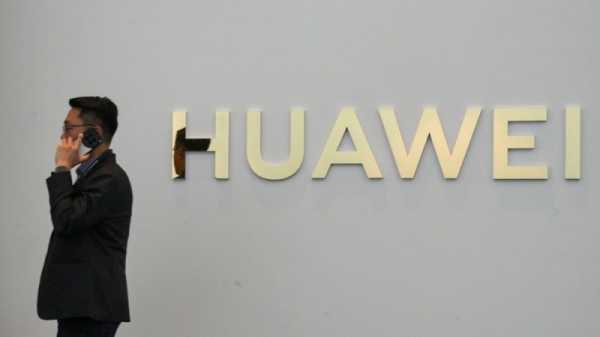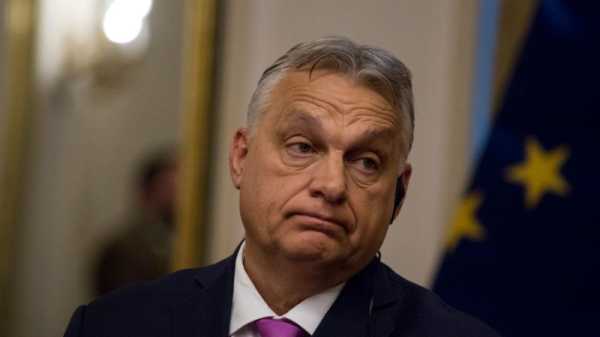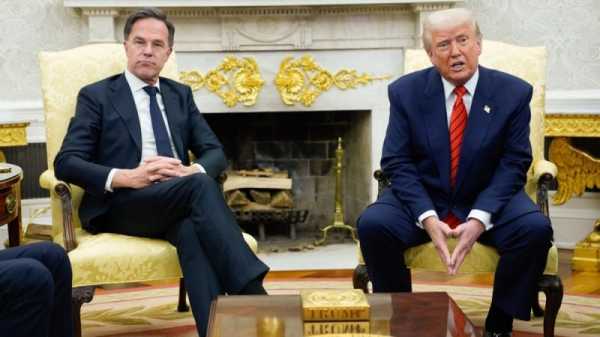
The French left, now the strongest opposition facing Macron’s presidential majority in this year’s legislative elections set for Sunday (19 June), remains divided regarding issues related to the European Union.
The article was originally written in French: Read the article in French here.
Differences between parties across the left side of the political spectrum have always existed.
However, their diverging views on European construction and integration are becoming increasingly apparent in how they structure their discourse and programmes, which even contributes to redrawing the French political landscape.
Differences within parties
While left-wing parties differ on the EU, divides also exist within parties, noted political scientist Rémi Lefebvre. “Jean-Pierre Chevènement left the Socialist Party on this issue, as did Jean-Luc Mélenchon in 2008,” he added.
This “scepticism has always existed within the Socialist Party”, explained Lefebvre. Faced with European construction considered relatively liberal, it has always reorientated its thinking “towards more social aspects, towards less restrictive budgetary policies, towards recovery policies.” Ex-president François Hollande of the Socialist Party promised to renegotiate EU treaties but abandoned the idea once elected.
EU matters dominate debates on the left because “Europe is undoubtedly an element of structuring, but it never acts alone,” Lefebvre added. “The “European question” is “completely interdependent with social and economic issues” and therefore raises questions about “the capacity of the left to lead an alternative policy,” he also said.

French elections : Left alliance unlikely to win majority in new assembly
France’s recently formed left-wing alliance led by Jean-Luc Mélenchon finished neck-and-neck with President Emmanuel Macron’s Ensemble! group in Sunday’s first round of the legislative elections. However, everything is pointing toward it failing to get a majority in the second round on 19 June.
EU dominates left-wing bloc negotiations
In the “ten or fifteen days of negotiations” that led to the formation of the left-wing bloc led by Jean-Luc Mélenchon, “it was mainly Europe that was debated,” recalled Théo Verdier, co-director of the Europe Observatory of the Jean Jaurès Foundation.
He added that this led to agreements that varied between parties but satisfied all coalition partners. For example, the agreement between Mélenchon’s France Insoumise and the Socialist Party mentions “transitional derogations” to specific European rules, while the one with the Communists refers to “disobedience”.
However, the Socialists still agreed to join the left-wing bloc and a particular form of disobedience. This would have been impossible before the pandemic, which reshuffled the cards regarding coming to terms with certain binding EU rules, especially budgetary ones.
Yet, many socialist leaders who refused to join the alliance cited the bloc’s views on the EU as a reason, said Lefebvre, pointing to “secularism, foreign policy and NATO” as others.
Mélenchon now softer on Europe
Meanwhile, Mélenchon has since softened his stance on the EU.
The far-left leader abandoned the idea of Frexit he championed in case his proposals on EU reform were rejected because it was “too unpopular”, said Lefebvre.
The programme Mélenchon proposed ahead of the presidential election in April was thus “less radical than in 2017,” he added.
According to Verdier, Mélenchon’s strong opposition to European construction can also be explained by “his base”. A small part of the left-wing electorate, notably within the radical and far-left, remains “frontally opposed” to the construction of Europe.

The ‘radicality’ paradox of the French Greens
The left-wing alliance NUPES, which finished neck-and-neck with President Emmanuel Macron’s Ensemble! in the first parliamentary election round, has reinforced the view that French Greens are too radical to govern. The reality, however, is much more nuanced.
[Edited by Alice Taylor]
Source: euractiv.com



